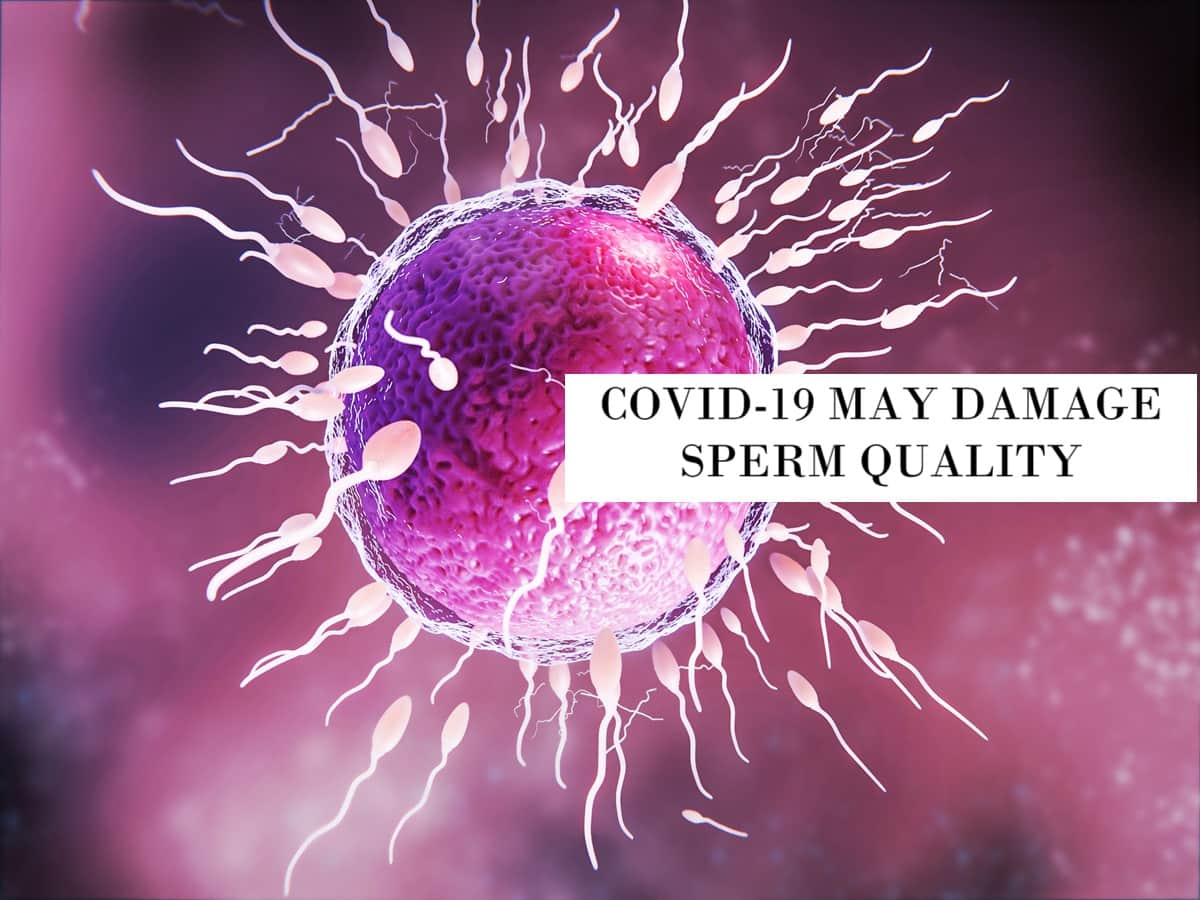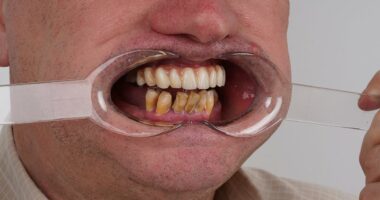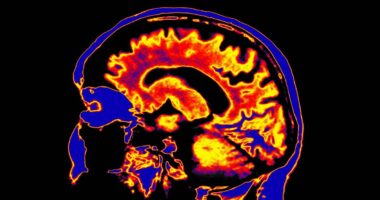Share this @internewscast.com

It has been established by several experts and numerous studies that COVID-19 has an all-round repercussion on health. Viruses are known to impact our respiratory system but the SARS-COV virus and its variants do a lot more damage that that. it is not only restricted to the respiratory system. A new study revealed that COVID-19 can temporarily damage sperm quality thereby damaging the reproductive health of men. In an older study published in the Justus Liebig University Giessen, Germany; researchers had claimed that severe COVID infection could lead to a decline in sperm quality including spermatogenic failure. The results could be permanent. But, this new study refutes the old conclusion and says that the repercussion are temporary. A team of Chinese researchers aimed to investigate the short-term and relatively long-term effects of COVID-19 infection on sperm quality. The results of this new study was published in the Journal Virology.
How Does COVID-19 Impact Sperm Quality?
Experts observed 85 males and studied their semen from June 2022 to July 2023. They noticed certain changes in their sperm health within three to six months after getting COVID-19 infection. The number of sperms for men were found to be significantly lower than compared to six months before contracting COVID-19 infection. They also observed that as patients began to recover from COVID, the quality of the sperm to began to improve. They noticed as improvement in:
- Total sperm count
- Increase in progressive motility
- Increase in normal morphology
But, when they were infected, all of these suffered significant damage and the area where they noticed a significant change was in sperm concentration both before and after infection. This is how experts came to the conclusion that COVID-19 certainly has some impact on reproductive health.
COVID-19 Causes Inflammation In Sperm Cells
Why does sperm health suffer due to COVID-19 infection? Here is the answer to the million dollar question. The infection leads to inflammation in the sperm cells thereby affecting its overall function. An expert from a university stated that, people should however be cautioned about this reports conclusions. The impact of COVID may either be direct or it may also show an association only.
The newest study published in the Virology journal however proves that COVID does not permanently impair the male reproductive system and steps can also be taken to improve their sperm health.














